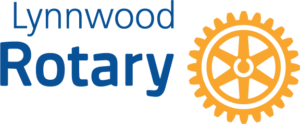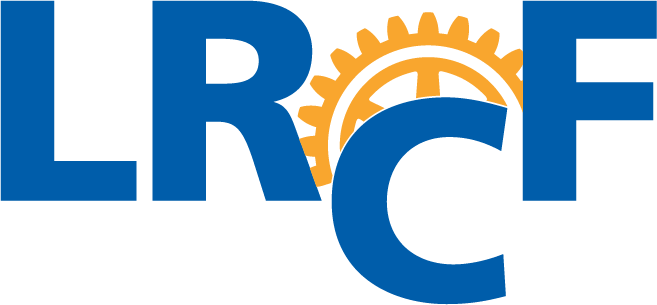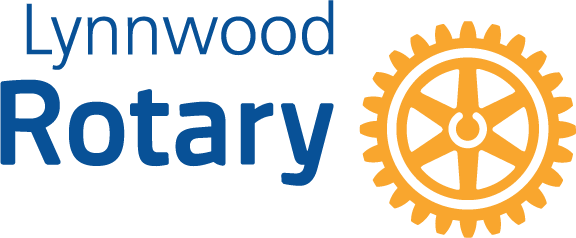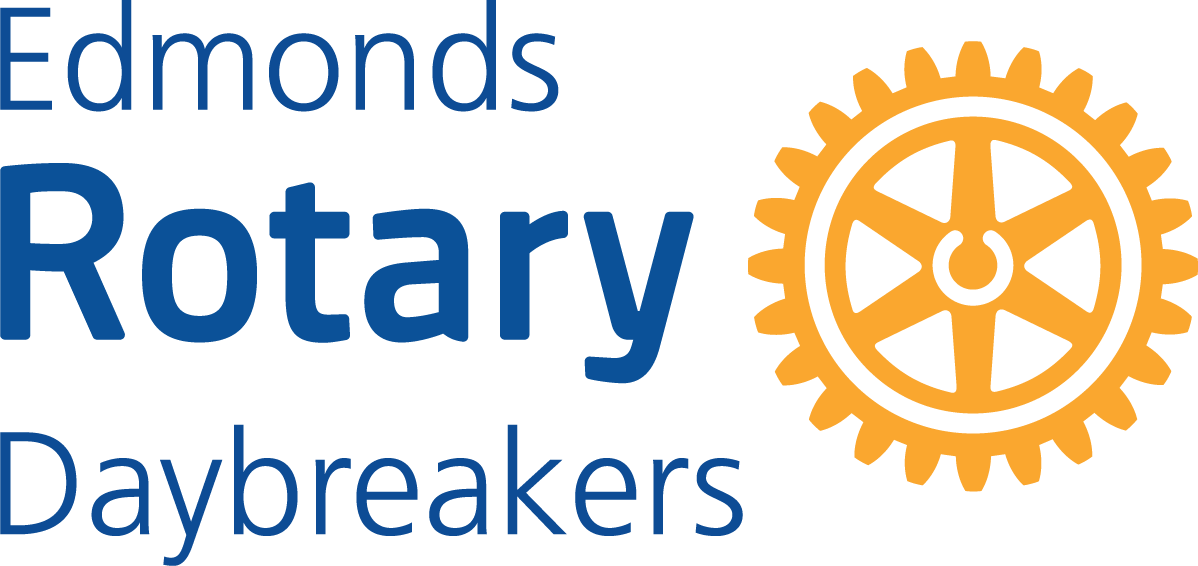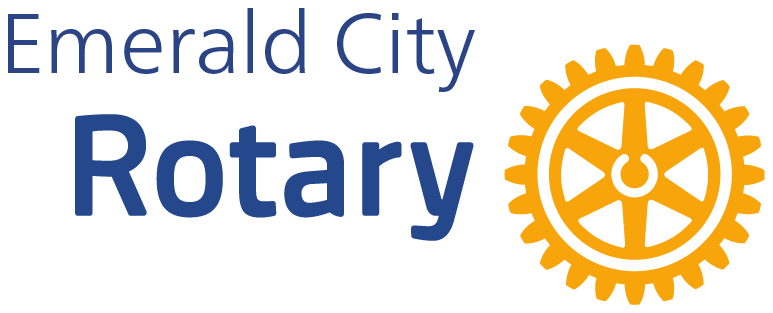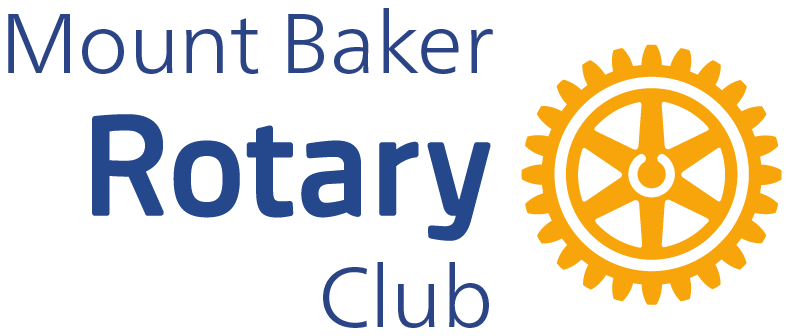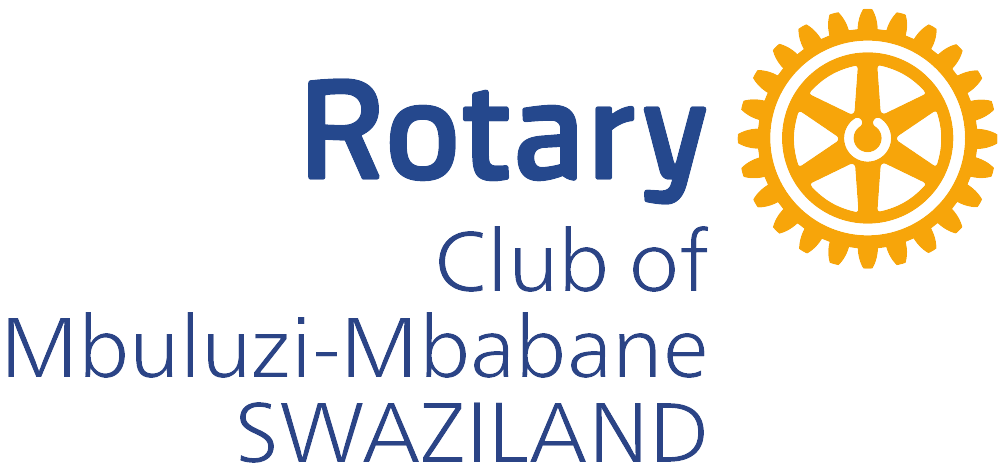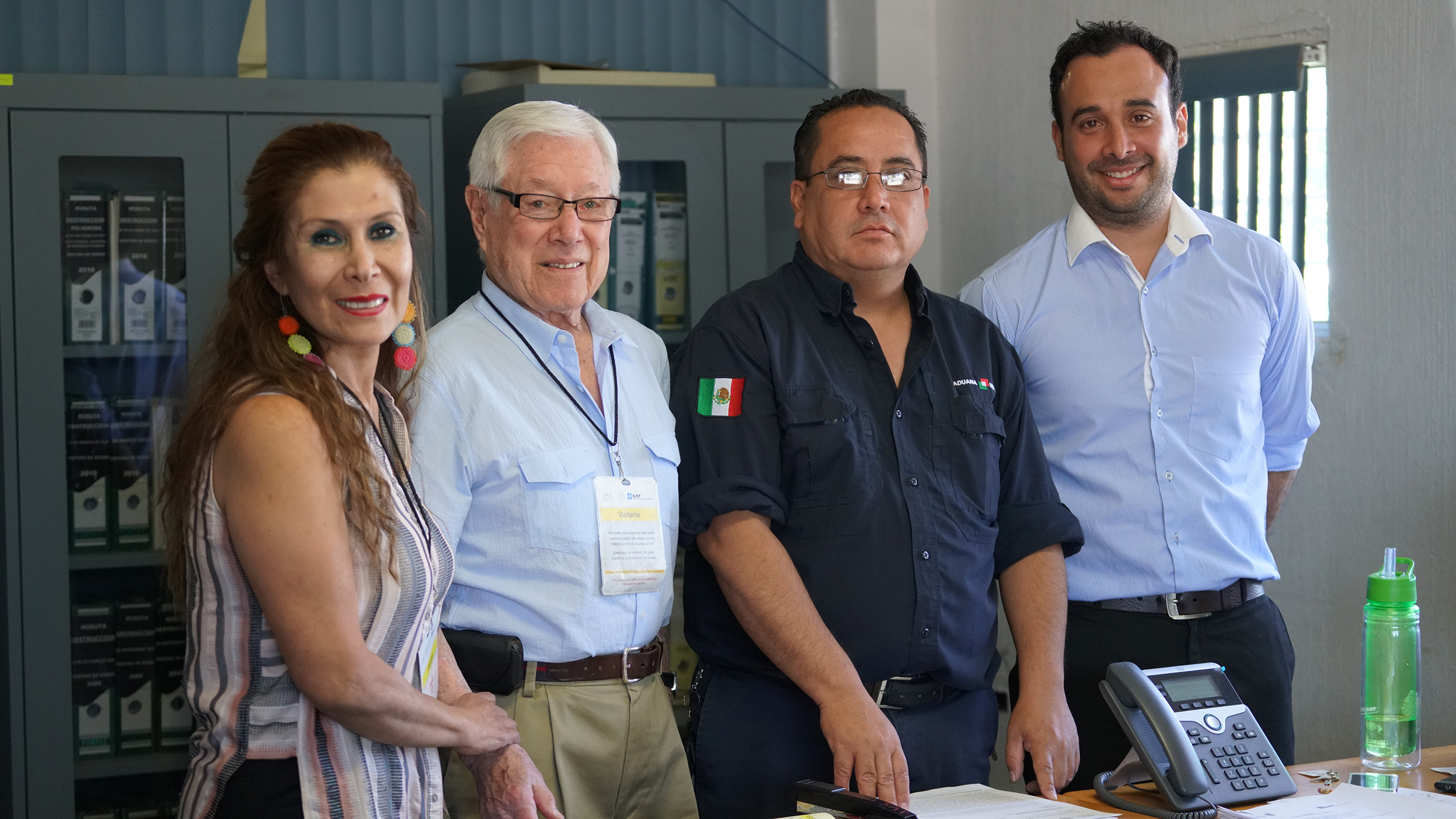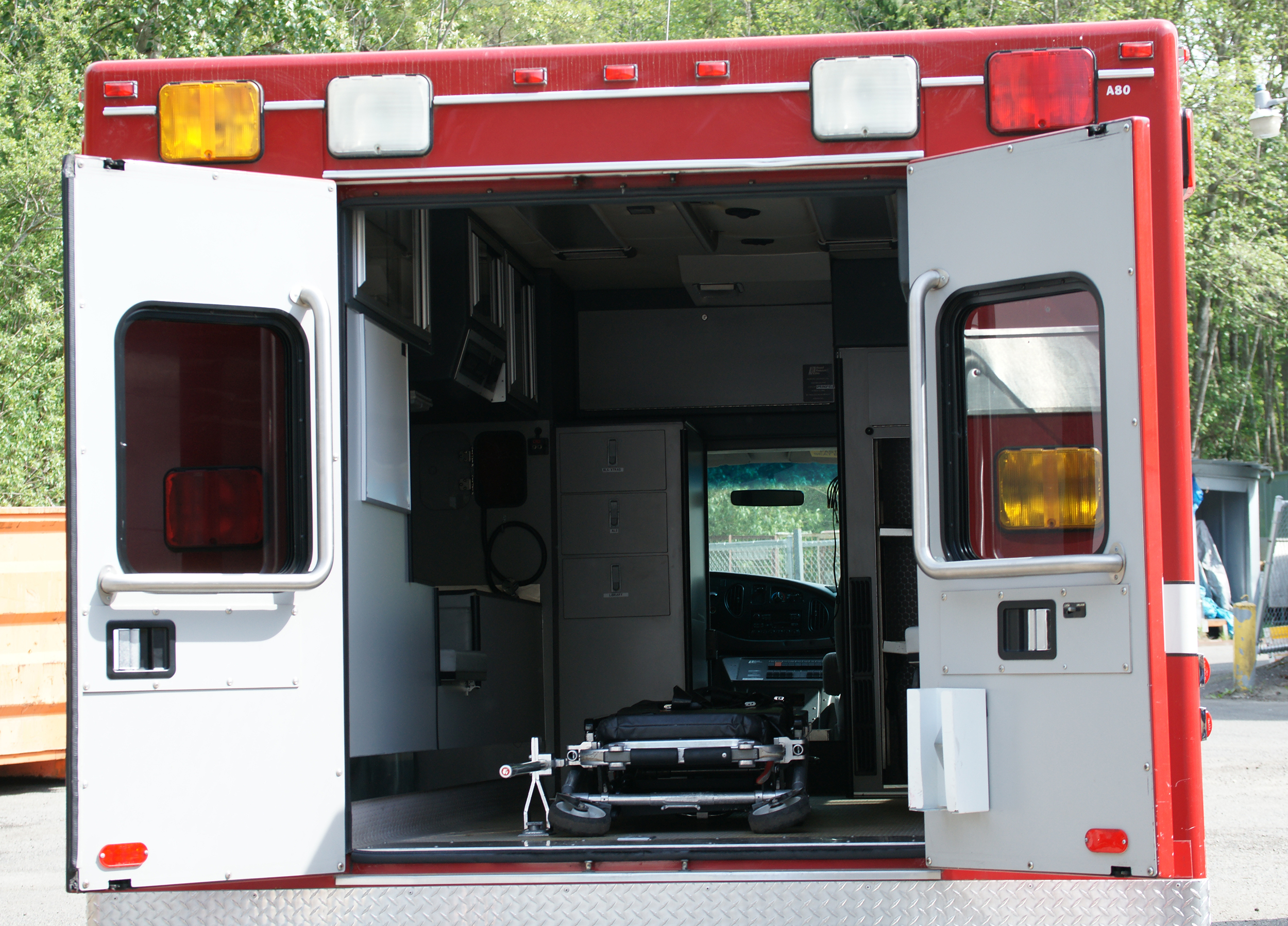The International Committee's mission:
To expand Rotary’s humanitarian and world understanding around the globe through the six areas of focus: peace and conflict prevention/resolution; disease prevention and treatment; water and sanitation; maternal and child health; basic education and literacy economic and community development. We support this service avenue by sponsoring or volunteering on international projects, seeking partners abroad, and more.
Past Projects
Education in Swaziland, Africa

Days for Girls - Swaziland
Health Education Training & Washable Menstrual Hygeine Kits
Total project investment of $107,623 USD
Our club successfully applied for and received a two-year grant for Community and Economic Development in 2019. Despite the challenges posed by the COVID-19 pandemic, we were able to implement the grant thanks to the flexibility and support provided by Rotary International. We encountered various obstacles, but we were able to navigate around them and successfully complete the project.
Primary Contacts:
Host Club: Rotary District 9400 - Rotary Club of Mbuluzi/Mbabane's Caroline Sullivan, Cynthia Diamini, & Marjorie Balarin.
International Partner: Rotary District 5030 - Lynnwood Rotary's Debbie Bodal, Janet Leister, Diane Cohn, Ralph Pehrson, Nicola Smith, Gunnvor Tveidt, Bob Fuller
NGO: Days for Girls Eswatini & Days for Girls Snoqualmie
Objectives:
- To train women to become Ambassadors of Women’s Menstrual Health which includes reproductive health for both women and me, how to care for & use the washable menstrual kit, about human trafficking, sexually transmitted diseases, HIV and how to support women.
- To educate the women and girls (this is done by the Ambassador women) about their menstrual health when distributing the washable kit to girls and women in Eswatini (formerly) in menstrual health training so that they in turn can provide menstrual health education to girls and women. The menstrual health education includes reproductive health for both women and men, how to care for and use the washable menstrual kit, about human trafficking Swaziland).
- To train the women to sew the washable menstrual hygiene component that make up a kit and to contract with them to sew the kits.
The funding was utilized to support the Education and Sewing Resource Center of Days for Girls Eswatini, which aims to train women in sewing and menstrual health education. This partnership resulted in the expansion and strengthening of the Center's operations, including the distribution of washable menstrual kits to women and girls in various Eswatini communities. The Center also trains women to become Ambassadors for educating and distributing the kits, and sewers to produce the kits while being compensated for their work.
Under this grant sustainability, the following outcomes were achieved:
- 9,041 menstrual kits were distributed with accompanying training.
- A total of 14,373 people directly benefited from the project.
- 943 training sessions were conducted for NGOs that purchased kits.
- The team sewed and distributed 19,888 masks to help combat the spread of COVID-19.
- Approximately 4,355 individuals received training through the Men Who Know program.
- The project continued to work with 20 sewers, 9 women ambassadors, and 2 Men Who Know.
- The team generated $7,709 in revenue from the sale of kits and masks.
Janet and Debbie traveled to Eswatini in November 2019 to meet with the Rotarians and our partners at Days for Girls Eswatini, including Lindiwe Dfadla and Carol Hendricks from Days for Girls Snoqualmie.
Medical Supplies to Mexico
Education Training in Indonesia
Teacher Training Program - Indonesia
This one-year grant was written and submitted by Rotary Club of Jakarta Cinere in 2017.
Total project investment of $52,051.92 USD
Primary Contacts:
Host Club: Rotary District 3410 Rotary Club of Jakarta Cenere, Jakarta, Indonesia.
International Partner: Rotary District 5030 - Lynnwood Rotary's Debbie Bodal, John Niemi and Ralph Pehrson
NGO: The Teachers Association of the Republic of Indonesia - pgri.or.id
Objectives:
The primary goal of Phase IIB of the Teacher Training program was to enhance the teaching competency of Elementary School Teachers in Mathematics and Science. The program aimed to train trainers who would then impart their knowledge to more teachers, ultimately benefiting elementary school children. In Jakarta, Yogyakarta, and Bandung, 60 teachers were identified as the grant's beneficiaries. The training would equip them with the necessary skills to become better educators in science and math. The ultimate goal was to provide students with access to better teachers before they progressed to Junior and Senior High Schools, where they would learn advanced lessons in Physics, Biology, Mathematics, and Natural Science.
The Global Grant aimed to promote education in Indonesia by funding teaching competence training for teachers. The Rotarians collaborated with the Teachers Association of the Republic of Indonesia (PGRI) and the Ministry of Education to conduct the training. PGRI, which has more than two million members and branches throughout Indonesia, is the largest organization of Indonesian teachers recognized by the Government.
The money was used to purchase laptops, training materials, accommodations for the teachers while in training, food, travel expense and the rental of the space to hold the trainings. The trainings were very successful and will be duplicated by the Ministry of Education throughout Indonesia. Debbie traveled to Jakarta to see the trainings firsthand.
Education in Eswatini, Africa
Hand-washing Stations - Eswatini
This one-year grant was written and submitted by Lynnwood Rotary in 2021. It was implemented during the end of the Pandemic. The need was greater because of the need to wash your hands to prevent the spread of diseases, covid. The Ministry of Health blessed this project.
Total project investment of $20,400 USD
Primary Contacts:
Host Club: Rotary District 9400 - Rotary Club of Mbuluzi/Mbabane's Caroline Sullivan.
International Partner: Rotary District 5030 - Lynnwood Rotary's Debbie Bodal & Janet Leister
NGO: The Teachers Association of the Republic of Indonesia - pgri.or.id
Background:
In 2019-2020, Days for Girls Eswatini received a Rotary Global Grant to support its menstrual health initiatives, which included the production and distribution of washable sanitary pads and menstrual health education in schools and communities throughout Eswatini. During the implementation of the grant activities in schools, it became evident that most rural schools lacked handwashing facilities, which compromised the health and hygiene of both students and teachers. Even in schools that had handwashing facilities or taps, they were often located far away from the toilets, making it difficult for students to wash their hands regularly.
During a visit to schools in November 2019 to distribute sanitary pads, the Rotary Global Grant team observed that none of the schools had handwashing facilities, running water, or soap for students to wash their hands after using the pit latrines. This highlighted the urgent need to improve hygiene practices in these schools, as many children were not washing their hands at all after using the toilet. Therefore, the idea of constructing handwashing facilities outside the latrines was discussed.
Subsequently, a Rotary District Grant was obtained to construct solid concrete handwashing stations with soap dispensers at 15 selected schools across Eswatini. These facilities are strategically located outside the latrines to serve as a reminder for students to wash their hands regularly and promote positive hand hygiene behavior. Additionally, the project aimed to improve the teaching of students on proper handwashing using soap.
Objectives:
The Rotary District Grant aimed to construct solid concrete handwashing stations with soap dispensers located outside the latrines of 15 selected schools across Eswatini. The project also aimed to improve the teaching of students on proper handwashing using soap and provide sanitation training to teachers and staff. Additionally, the team worked with WaterAid to design facilities that were appropriate for rural schools.
The following are the specific features of the handwashing stations and the revised design:
- The handwashing stations are designed to be inclusive, providing access and use to students with any kind of disability.
- The stations promote physical and social distancing to prevent the spread of COVID-19 by having two taps on opposite sides.
- In primary schools, the handwashing stations will have lower taps so that students can access the water easily.
- The stations will have two tanks - one with water mixed with soap to mitigate the risk of losing soap and another tank with clean water for rinsing the soap off.
The revised design, which is attached, was created based on feedback from Rotary Clubs in the District.
Janet and Debbie visited Eswatini in September 2021 to observe the handwashing station project in action and meet Sethu Bulelani Shongwe, the project manager.
